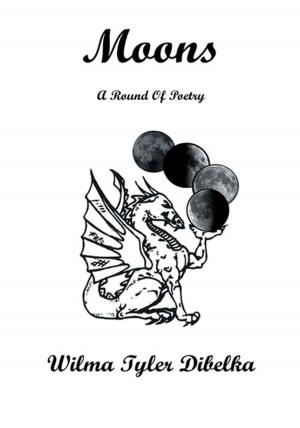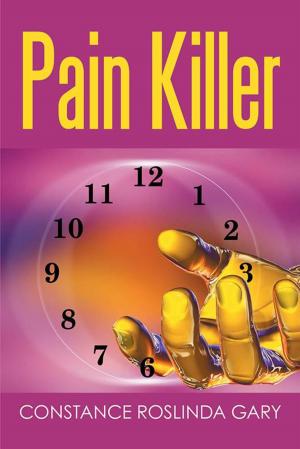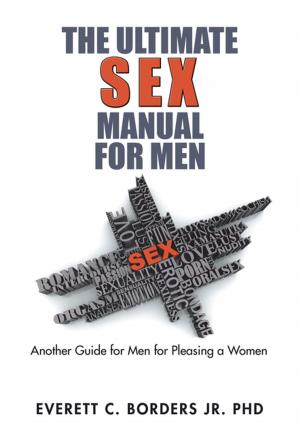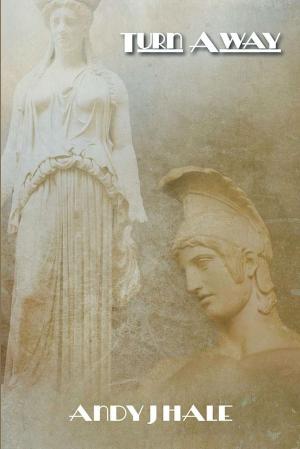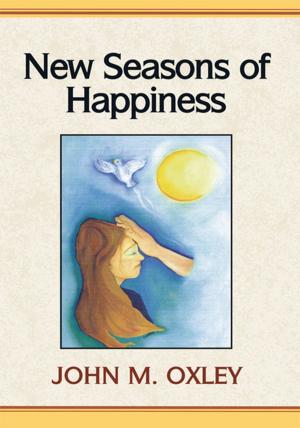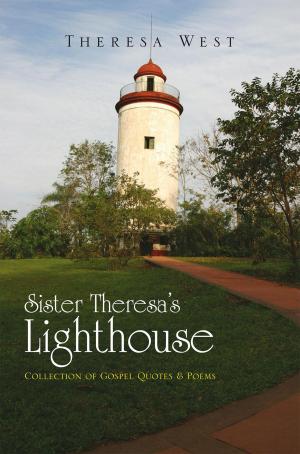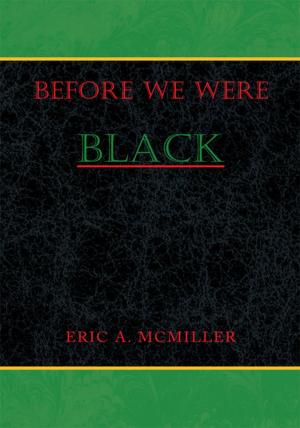| Author: | Jahed Rahman | ISBN: | 9781503562912 |
| Publisher: | Xlibris US | Publication: | June 4, 2015 |
| Imprint: | Xlibris US | Language: | English |
| Author: | Jahed Rahman |
| ISBN: | 9781503562912 |
| Publisher: | Xlibris US |
| Publication: | June 4, 2015 |
| Imprint: | Xlibris US |
| Language: | English |
Indu is a fictional story reflecting the imaginary life situations and interactions between two teens of not only opposite gender but also significantly different social and economic stratum, educational exposure, and professional engagements compounded by the all important difference of respective faiths. The principal character, Indu, is from a desperately poor low caste Hindu family of British India. The supporting male character, Shetu, is an early teen son of a well to do and influential Muslim family. The influence and relevance of the latter is multiplied many times due to the establishment of Pakistan as a new country by partitioning British India into two independent countries. This adversely affected the life and living options for families like Indus. The migration of well to do, educated Hindu families to divided India left low caste and poor Hindu families of Pakistan (East Pakistan [now Bangladesh]) in a relatively precarious position. This story captures the nuances of growing up in this environment and the deep emotional bonds that are forged between the two teens in spite of all the negative attributes of the prevailing setting. The emerging fondness and feelings have a deep mark on the mindset of the poor teen Indu. She prefers to be by the side of Shetu in spite of frequent frustrations. Shetu looks past his initial casual feelings to recognize the happiness that ensues with Indus presence. Indus journey into adulthood led her to migrate to India where she gets married without being able to say good bye to Shetu. These unreconciled emotions haunted Indu all through her life. Her arranged marriage to a relatively well off family of the same caste did not bring the peace and happiness in her life. In the process of enduring lifes limitations, Indu developed an exceptional ability for tolerance, prudence, and perspective. The foundation of all these personal attributes was cultivated by her early interactions with Shetu. Thus, Shetu was omnipresent in Indus life even though neither had information about each other. Destiny, however, will find a way to marry those unrequited feelings and emotions one last time.
Indu is a fictional story reflecting the imaginary life situations and interactions between two teens of not only opposite gender but also significantly different social and economic stratum, educational exposure, and professional engagements compounded by the all important difference of respective faiths. The principal character, Indu, is from a desperately poor low caste Hindu family of British India. The supporting male character, Shetu, is an early teen son of a well to do and influential Muslim family. The influence and relevance of the latter is multiplied many times due to the establishment of Pakistan as a new country by partitioning British India into two independent countries. This adversely affected the life and living options for families like Indus. The migration of well to do, educated Hindu families to divided India left low caste and poor Hindu families of Pakistan (East Pakistan [now Bangladesh]) in a relatively precarious position. This story captures the nuances of growing up in this environment and the deep emotional bonds that are forged between the two teens in spite of all the negative attributes of the prevailing setting. The emerging fondness and feelings have a deep mark on the mindset of the poor teen Indu. She prefers to be by the side of Shetu in spite of frequent frustrations. Shetu looks past his initial casual feelings to recognize the happiness that ensues with Indus presence. Indus journey into adulthood led her to migrate to India where she gets married without being able to say good bye to Shetu. These unreconciled emotions haunted Indu all through her life. Her arranged marriage to a relatively well off family of the same caste did not bring the peace and happiness in her life. In the process of enduring lifes limitations, Indu developed an exceptional ability for tolerance, prudence, and perspective. The foundation of all these personal attributes was cultivated by her early interactions with Shetu. Thus, Shetu was omnipresent in Indus life even though neither had information about each other. Destiny, however, will find a way to marry those unrequited feelings and emotions one last time.

